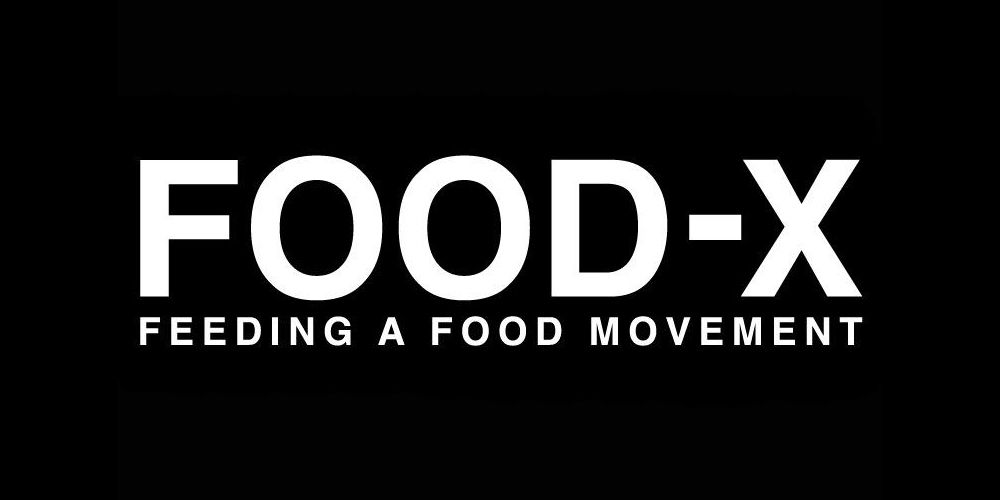Food-X, the SOSV-owned food tech accelerator, has revealed its fifth cohort to AgFunderNews.
The accelerator, which is based in New York, selected eight startups from over 500 applications to take part in its 14-week program.
The selected eight are:
- Lecker – based in Hong Kong, this company has created a counter-top, overnight yogurt maker for consumers. Food-X selected it because of its tech-focused team and prototype, which is ready to launch in Q2 of 2017.
- RISE – based in NYC, this B2B ingredient company takes spent grain from breweries and converts it to high-protein, nutrient-rich flour. Food-X selected it for its team of engineers and their ability to tackle a huge industry concern: what to do with all those spent grains.
- Wasteless – based in Tel Aviv, this supply chain tech startup uses RFID technology and a pricing algorithm to save money and reduce food waste. It earned its spot due to its well-rounded team and patent portfolio.
- FruitCubed – this Ireland-based startup aims to disrupt the existing fruit and vegetable waste paradigm through innovative natural products that enhance the convenience of today’s consumer requirements. Food-X was drawn to the founders’ strong food science backgrounds and existing traction throughout Ireland.
- All Beauty Water – an NYC-based startup offering a CPG beverage that promises to enhance skin health with its vitamin and nutrient-infused drinks. Food-X selected the startup because it offered a completed product in 150 stores with a female founder offering strong branded marketing experience.
- Dollop Gourmet – based in Rochester and Los Angeles, this company wants to change the way consumers think about dessert by removing ingredients it describes as junk and cutting the sugar. Food-X chose this company because the female founder’s first product, a frosting line, saw 2x growth figures and is now expanding into other product lines.
- FoodieTrip – this NYC-based company offers local and authentic culinary experiences around the world by bringing together travels with local food guides. It earned its spot because of its full team, strong footprint, and developed partnerships with hospitality industry leaders.
- KunaChia – an Ecuadorian vertically-integrated CPG company combining South American superfoods with probiotics. Food-X was impressed with their growth over the last two years.
Food-X invests $50k in each startup in exchange for a 7% equity stake, providing $20k at the beginning of the program, and the remaining $30k at the end in the form of a convertible loan note.
One major distinction for this latest cohort was the number of applications, according to Andrew Ive, managing director of Food-X.
“This is the most we’ve ever had. We’re very psyched,” he told AgFunderNews. “Of course, this made whittling down the pool of applicants to eight companies quite a challenge. Although common criteria like having a strong team and a solid idea played a part, we were looking for a certain X-factor among candidates; if these 8 companies fulfill their potential, they can have a dramatic impact on many, many people’s lives. That’s something that’s very important to us. It’s not just about how much money they can make.”
Wasteless, one of the selected startups, is innovating an RFID-based tagging system for supermarkets that will provide a slew of information about each product, including how long it’s been on the shelf, where it shipped from, how fresh it may be, and more.
“I firmly believe that in 10 years you won’t walk into a grocery store that just has a price on the shelf,” said Ive. “We are transitioning toward something like this innovative RFID tagging system.”
As for comparing this cohort to previous cohorts, Ive noted how far the accelerator has come since it first launched. When it began, it was relatively unknown and most of the companies they recruited were friends of friends.
“Now, some people say we are the number one food accelerator. We are getting over 1,000 applications a year now,” he said.
The substance of the applications was also telling about current trends in food and technology.
The applications cover every business model imaginable, come from all over the globe, and feature a varied mix of team makeups. Ive recalls seeing some entrepreneurs tapping into their cultural heritage to bring ethnic products to mainstream food trends, particularly for African and Asian foods. Ive has also noticed technology trends.
“We’re seeing more hardware than software. Less apps, which I think is probably a good thing. There are still some food delivery companies. We aren’t seeing as much cricket flour, either.”
One thing that’s stayed true over the last 3 years, however, is the level of collegiality in the food space, he added. And he’s also noticed an uptick in the number of millennials pursuing entrepreneurship as a way not only to gain financial freedom, but also to make a positive impact for their community and the world at large.
“These people care a tremendous amount and they are very open. They share ideas and contacts. It’s this interesting juxtaposition of the big, traditional 1950s-style food companies with this new community of innovators trying to make us think differently about our food. The people in this industry are incredibly helpful to each other, much more so than any other industry I’ve worked in,” said Ive.
As for the future of Food-X, Ive has some keen ideas. He’s envisioned spinoffs of the standard Food-X accelerator such as focusing on specific issues or problems like water, or hosting programs in other parts of the globe.





